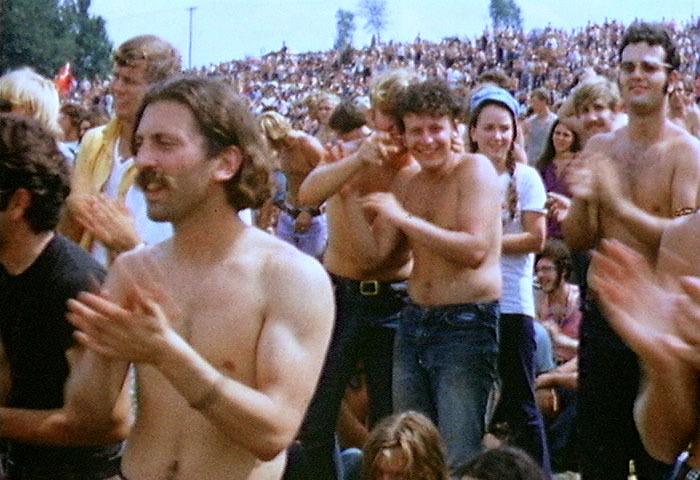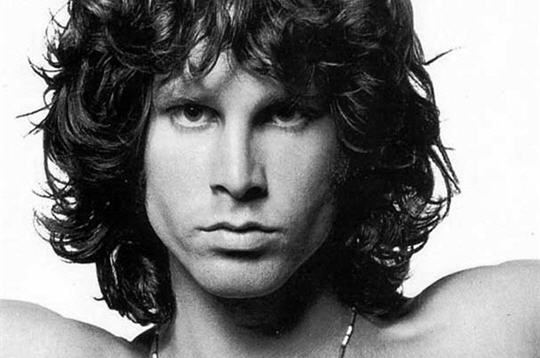Like a sustained power chord that refuses to fade, Def Leppard guitarist Vivian Campbell transformed his cancer battle into rock’s ultimate comeback story. After revealing his Hodgkin lymphoma diagnosis in June 2013, Campbell endured multiple chemotherapy rounds before receiving a stem cell transplant in October 2014 – then stunned fans by returning to full-time touring just months later in early 2015.
The guitarist’s refusal to surrender his place on stage speaks volumes about both personal determination and band loyalty.
The Human Side of Rock Resilience
Caught in unexpected health battles, even rock stars face the same fears and challenges as everyday cancer patients. Campbell’s journey coincided with similar public battles from Tony Iommi (Black Sabbath) and Robin Gibb (Bee Gees), creating a pivotal moment for musician health visibility that’s been verified through multiple sources.
The blazing solos on “Pour Some Sugar On Me” and intricate harmonies of “Photograph” remained intact, with fans and critics noting Campbell’s technical precision hadn’t diminished post-treatment. His signature aggressive playing style on “Rock of Ages” – arguably more ferocious than before – suggested a musician channeling personal battles into musical expression.
Some health professionals questioned the wisdom of returning to exhausting tour schedules so soon after a transplant. Others highlighted the psychological benefits of resuming normal activities and creative expression during recovery.
Legacy Impact and Cultural Significance
Campbell’s return likely boosted Def Leppard’s 2015–2016 tour attendance and revenue, though exact causality remains difficult to prove definitively.
For fans inspired by Campbell’s journey, exploring Def Leppard’s deeper catalog reveals criminally overlooked gems beyond radio hits that showcase the band’s versatility, raw talent, and musical evolution across four decades—many featuring Campbell’s distinctive guitar work that persevered through his health struggles.
The music industry’s healthcare gaps hit touring musicians particularly hard. Studies from the Music Health Alliance confirm that artists often face unique challenges balancing medical needs with performance obligations – making Campbell’s high-profile recovery even more significant.
Def Leppard’s 2019 induction into the Rock and Roll Hall of Fame – a verified milestone – served as powerful validation of Campbell’s contribution to the band’s enduring legacy.
The guitarist’s triumphant return stands as perfect proof that rock’s mythology of resilience isn’t just marketing – sometimes it’s lived reality.


























